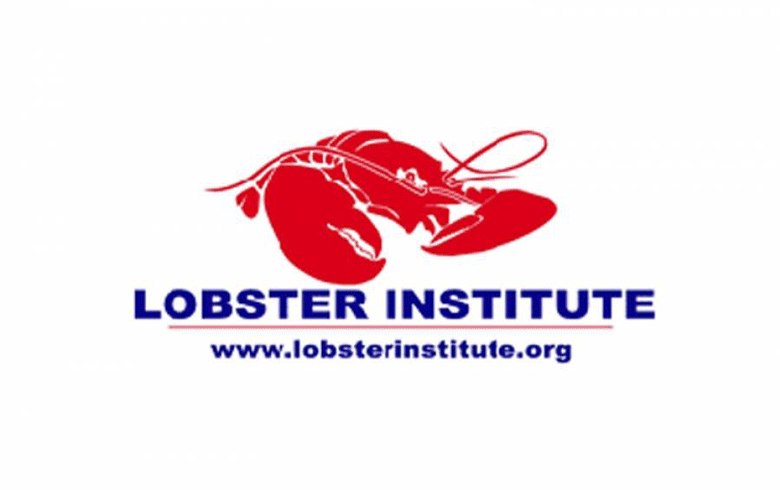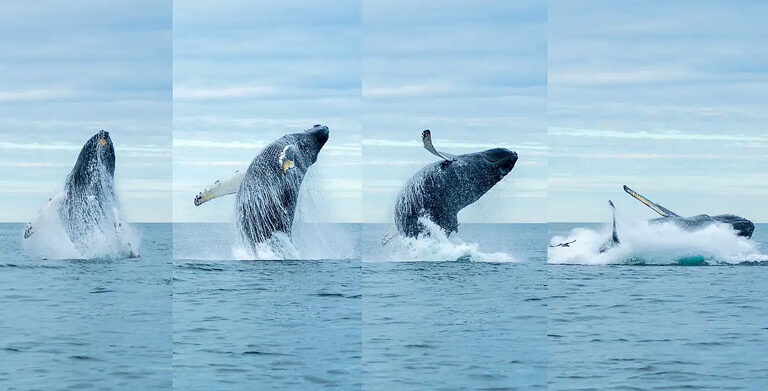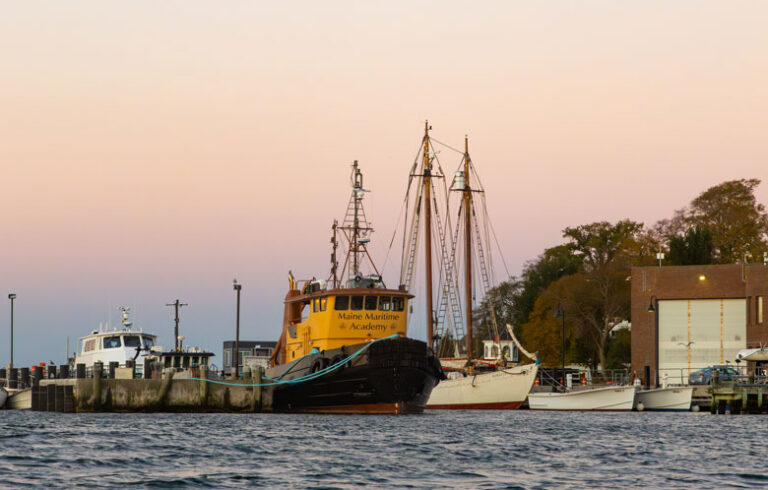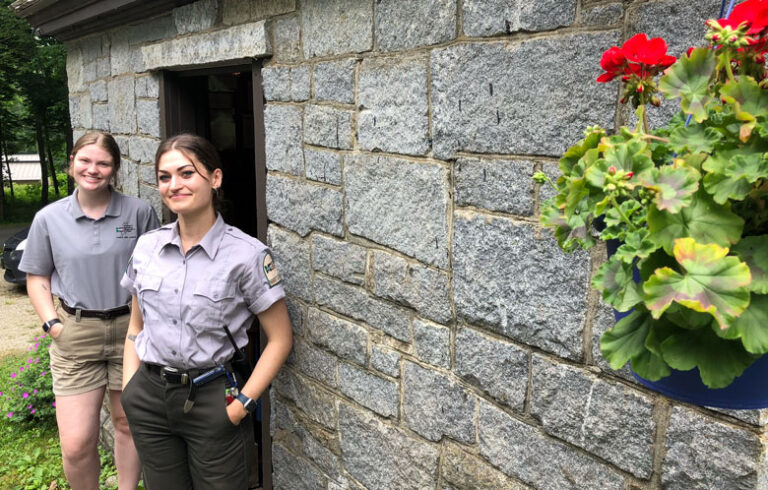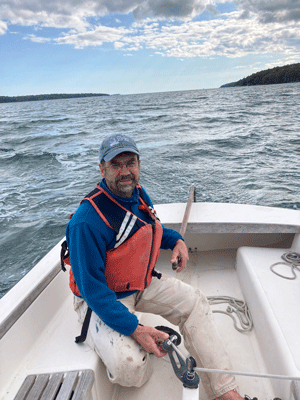
Earlier this year, federal funding became available to study the interaction between the burgeoning offshore renewable energy industry and other ocean users in an area from the Gulf of Maine to waters off New York.
It was an opportunity to bring to the table the massive amount of spatial data collectively accumulated by Maine’s lobster industry, which could be processed by University of Maine data management specialists.
Richard Wahle, director of the Lobster Institute at the University of Maine, put in a proposal for the funding.
“I do everything I can to try to maximize the engagement of University of Maine faculty and students with stakeholders,” Wahle said. And engagement and research sums up the role of the Lobster Institute.
The Lobster Institute has served as a center of collaboration and outreach in support of the resource and fishery since its inception in 1987.
When anyone thinks of the lobster industry, the image of fishermen hauling traps comes to mind. But the industry, and the creature of the briny deep that it depends on, is supported by an ever-evolving background of research and monitoring designed to ensure—ultimately—that consumers have all the lobster they could possibly want on their plates.
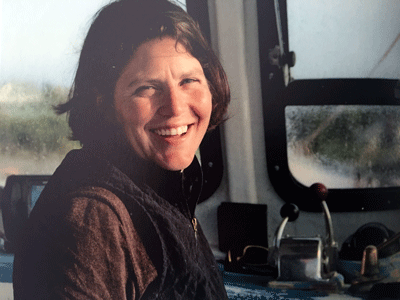
That research and monitoring is conducted by a diverse cast that includes government, academic, nonprofit, and industry entities. The recent funding proposal was just one example of the institute’s many initiatives.
In general, the institute conducts and facilitates research related to lobster and serves as a clearinghouse of lobster-related information. It’s grown from a Maine-focused entity to serve the entire domain of the fishery in the Northeast U.S. and Canada.
Wahle, who is also a research professor with UMaine’s School of Marine Sciences, took the helm at the institute in 2018. And in recent years, the organization’s reach has grown.
“One of our marquee events is the Canada/U.S. Lobster Town Meeting. It’s a forum for discussing some of the hot topics in the fishery and we do it one alternate sides of the border.”
The latest hot topics are myriad, ranging from the endangered North Atlantic right whale and rules that will affect lobstering, offshore wind turbines, bait availability, and climate change, to supply chain obstacles, international trade, and tariffs. While lobster has emerged as one of the few fisheries in the world that is more productive now than ever, it’s also surrounded by uncertainties.
Since joining the institute, Wahle has expanded existing connections between faculty and students with diverse groups of industry members, resource managers, and scientists to help tackle those questions.
“We have students looking at climate change and the impacts of the changing ecology of lobsters in a warming environment,” he said. “Recently we secured support from NOAA’s Saltonstall-Kennedy Program to evaluate stress points in the supply chain and to bring new technology to that question,” he said. Specifically, the technology is a miniature device strapped on a lobster to monitor its heart rate and movement as the crustacean passes from trap to destination, a journey rife with mortality threats.
This year, the institute is cashing in on the deep background of its new assistant director for outreach and communication, Chris Cash.
Her former positions include advancement officer for Bigelow Laboratory for Ocean Sciences in Boothbay; program and development director at the Frances Perkins Center and director of outreach at the Institute for Broadening Participation, both in Damariscotta; first mate, captain, and lobster boat owner/operator on Monhegan Island; and Island Institute Island Fellow.
“Chris’s connections to and knowledge of Maine’s lobster fisheries, experience in fundraising and budget management, grant writing, outreach, and stakeholder engagement will be a huge asset to the Lobster Institute,” said Wahle.
“There’s a lot we’re excited about,” said Cash. “The goal is to see the lobster industry survive and thrive.”
